
- posted: Jan. 12, 2023
- Doctor's Notes
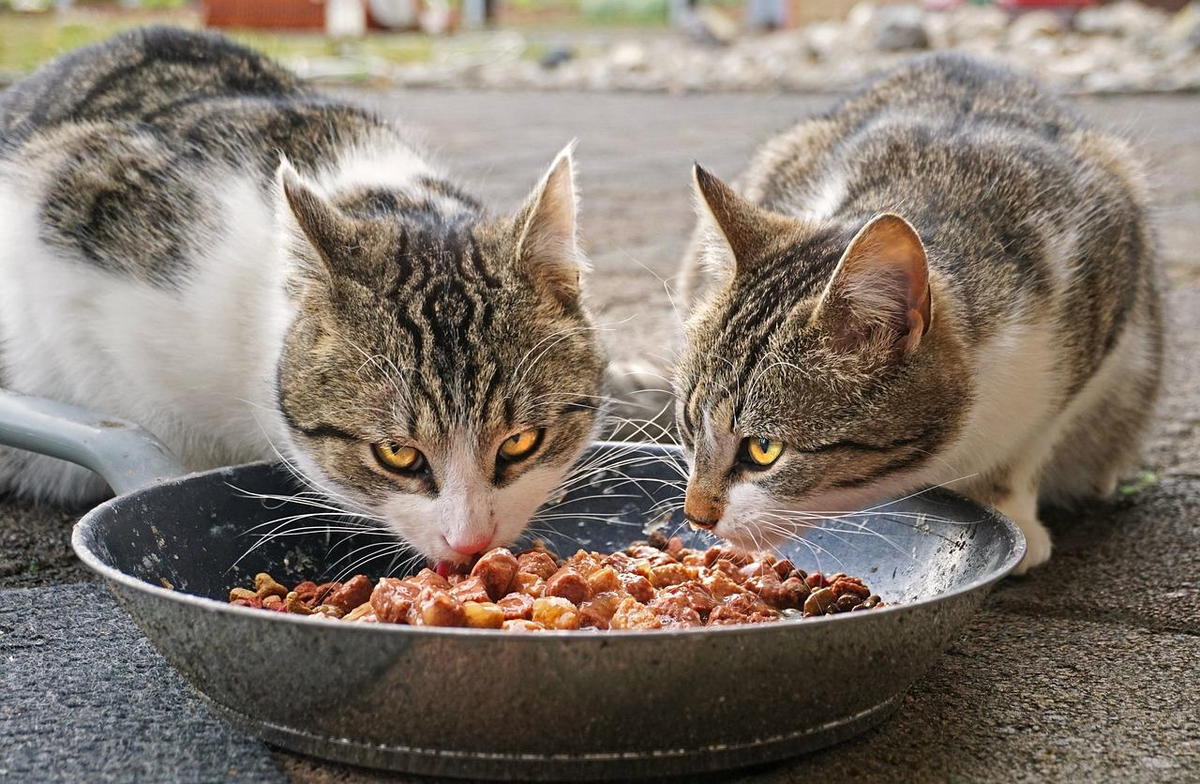
The Basics
A proper diet is crucial to your cat’s well-being. Cats are carnivores. This means that cat formulas are high in animal protein. This ensures that they get the proper amino acids that they need. In general, cats need around 26% crude protein in adult formulas, and around 30% during growth and reproduction. These are minimum levels, and it’s better to find formulas that exceed these percentages. However, too much protein, as well as low-quality protein, may result in kidney issues.
Fats are also important, as well as fatty acids like omega-3s and omega-6s. The minimum fat level a cat formula needs is around 9%. However, it can be individual to your cat, especially cats with high activity levels.
This brings us to carbohydrates. Most of a cat’s energy needs will be met through their intake of protein and fats, meaning that cats should get less than 10% of their calories from carbohydrates. It should also be noted that cats can sometimes be allergic to carbohydrate sources. Dry diets tend to be higher in carbohydrates than wet formulas, meaning that feeding wet food is an easy way to ensure a proper level of carbohydrates.
Your cat will also need small amounts of vitamins, which contain enzymes that make metabolic processes possible. Minerals are also important to everyday functioning. A quality cat food formula will have balanced levels of necessary vitamins and minerals that your cat needs. In general, cats will not require a vitamin supplement. Our veterinarians can help you determine this based on your individual cat’s health.
In addition to the above diet building blocks, water is an important component of cat formulas. Cats are more likely to let themselves become dehydrated than dogs. Wet foods, obviously, contain higher moisture content than dry foods. Moisture content must be kept low in dry foods for stable shelf lives. This means that, in general, wet foods are more ideal for cats based on cats’ preference for how they obtain water. Cats on wet food diets will typically drink less water directly.
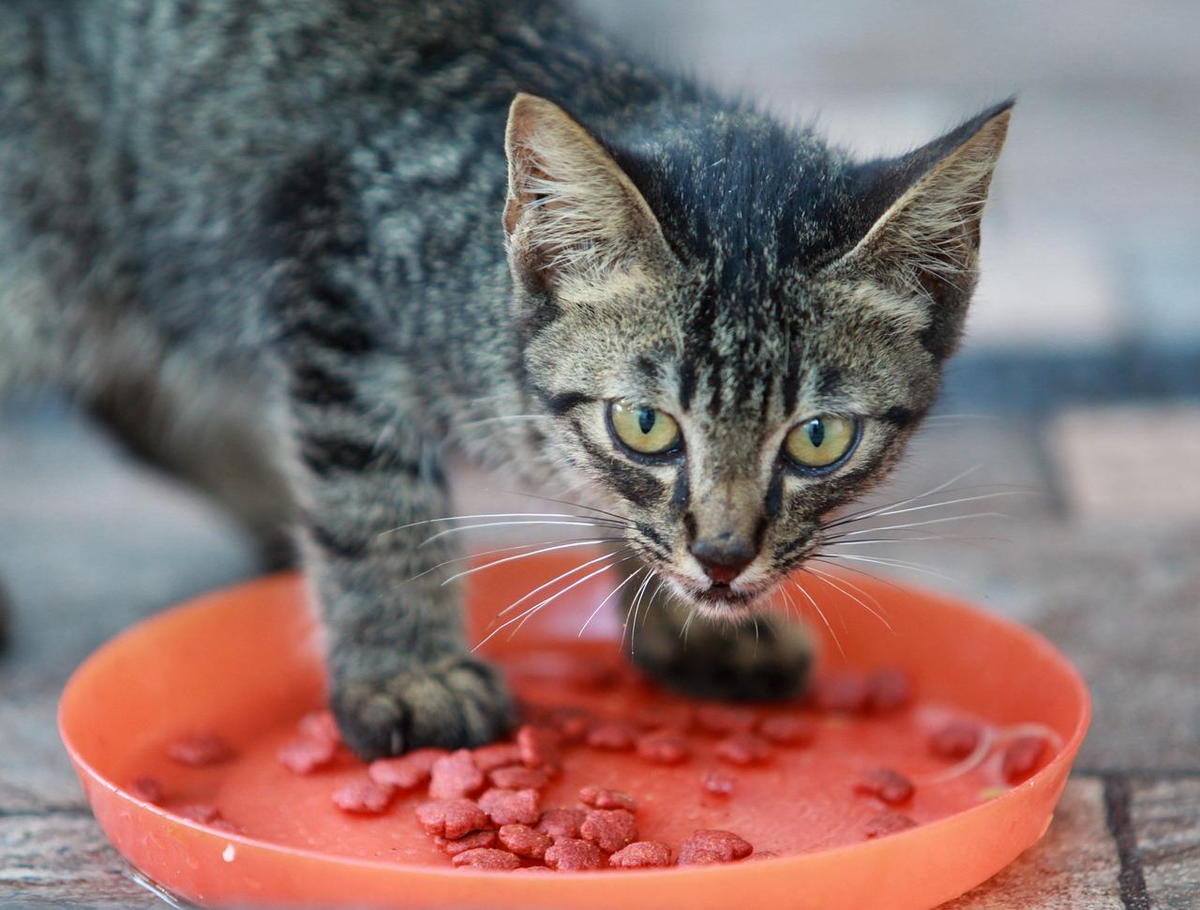
Life Stages
Kittens are growing and developing and will need more energy for their weight than an adult cat will. Around 30% of their calories should come from crude protein. Always make sure you are feeding your kitten a food that is specially formulated for kittens. Kittens can be fed free-choice, meaning that food is available to them at all times. This, admittedly, works better with dry formulas which will not spoil if left out. This can also be tricky with homes that have a dog, as dog’s love eating cat food! Kitten food should be kept somewhere inaccessible to the family dog.
We’ve already touched a bit on the needs of adult cats, but there are a few other things to keep in mind. A cat’s energy intake can fluctuate with cold and warm weather because of homeostasis. Cats recovering from injury or illness may also require more food. It is recommended that adult cats be fed twice a day, though feeding schedules are flexible to accommodate individual families’ needs. Note that the free-choice method can result in obesity for some cats.
Cats begin to enter seniority around seven to twelve years of age. In general, you should switch to a senior formula around age seven.
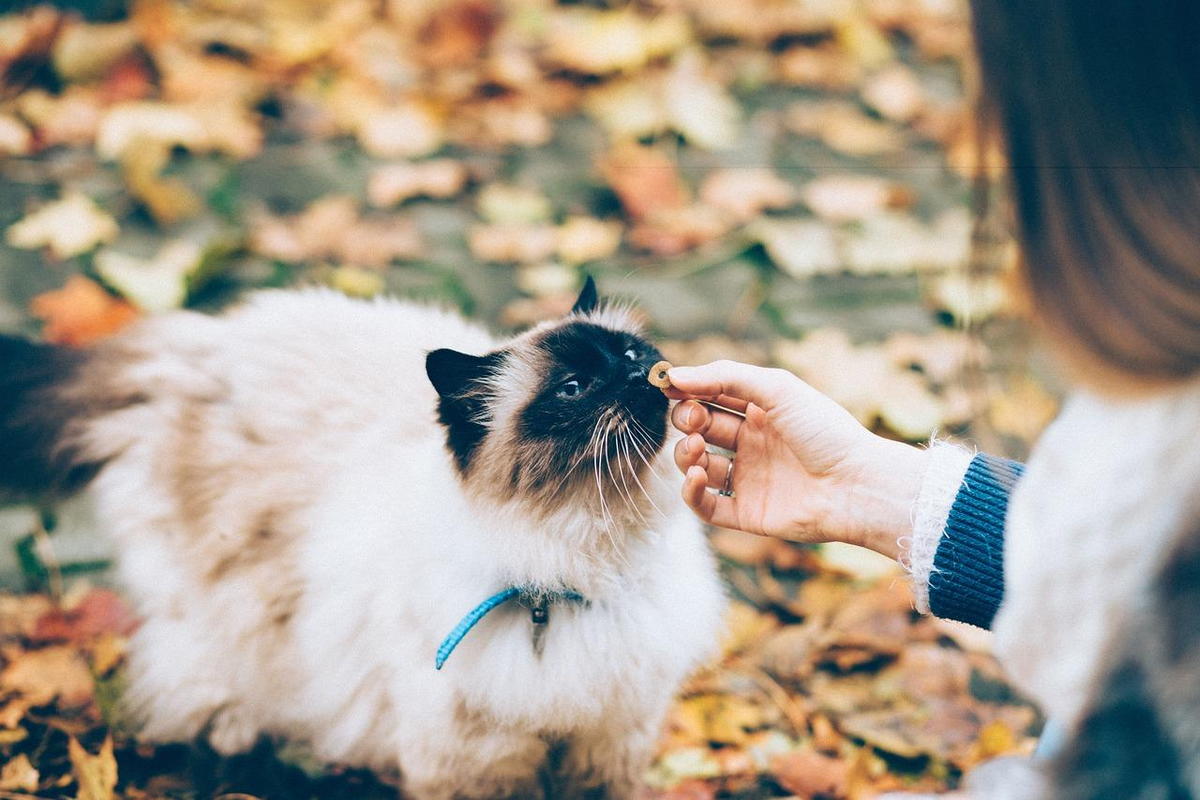
Treats
Cat treats can be a yummy addition to your cat’s diet! Cat treats should never compose more than 5% of your cat’s daily caloric intake.
Here’s some of the cat food formulas we carry in the clinic!
Treats
Royal Canin Hydrolyzed Protein Treats
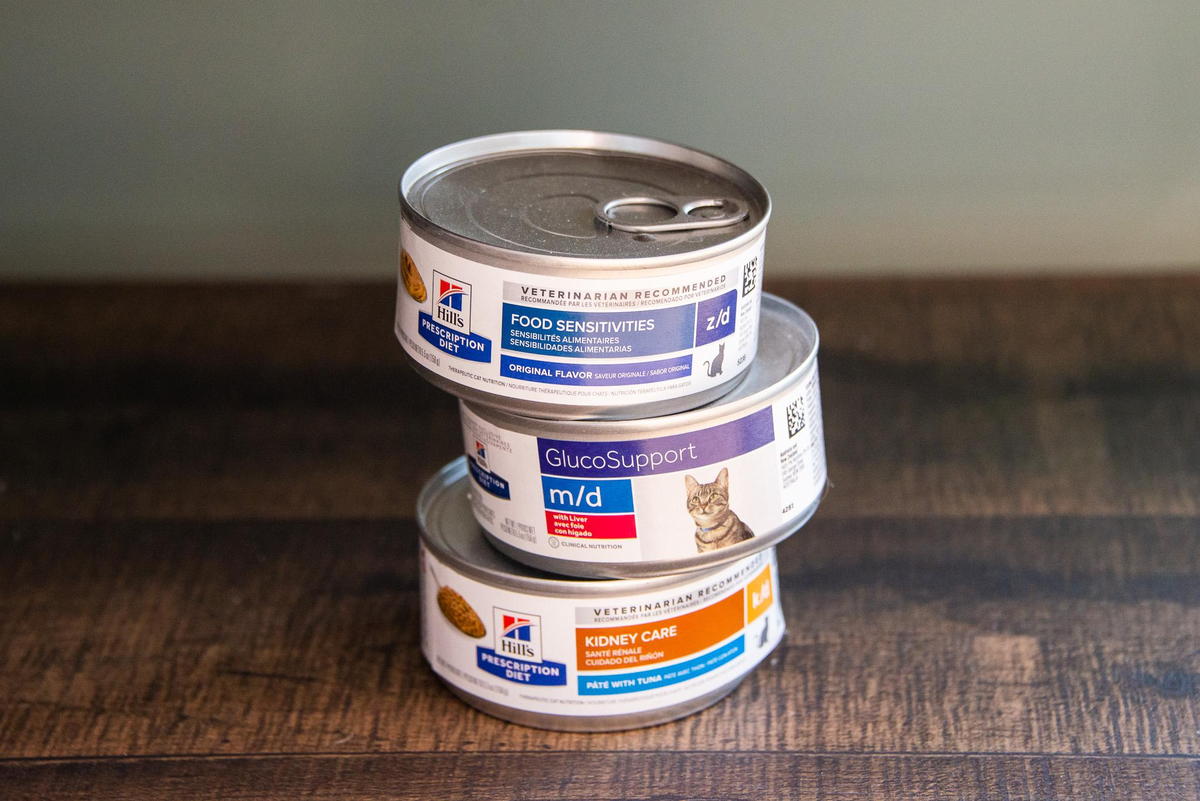
Wet Food
Hill’s Kidney Care
Hill’s Digestive Care
Hill’s Food Sensitivities
Hill’s Gluco Support
Royal Canin Urinary SO
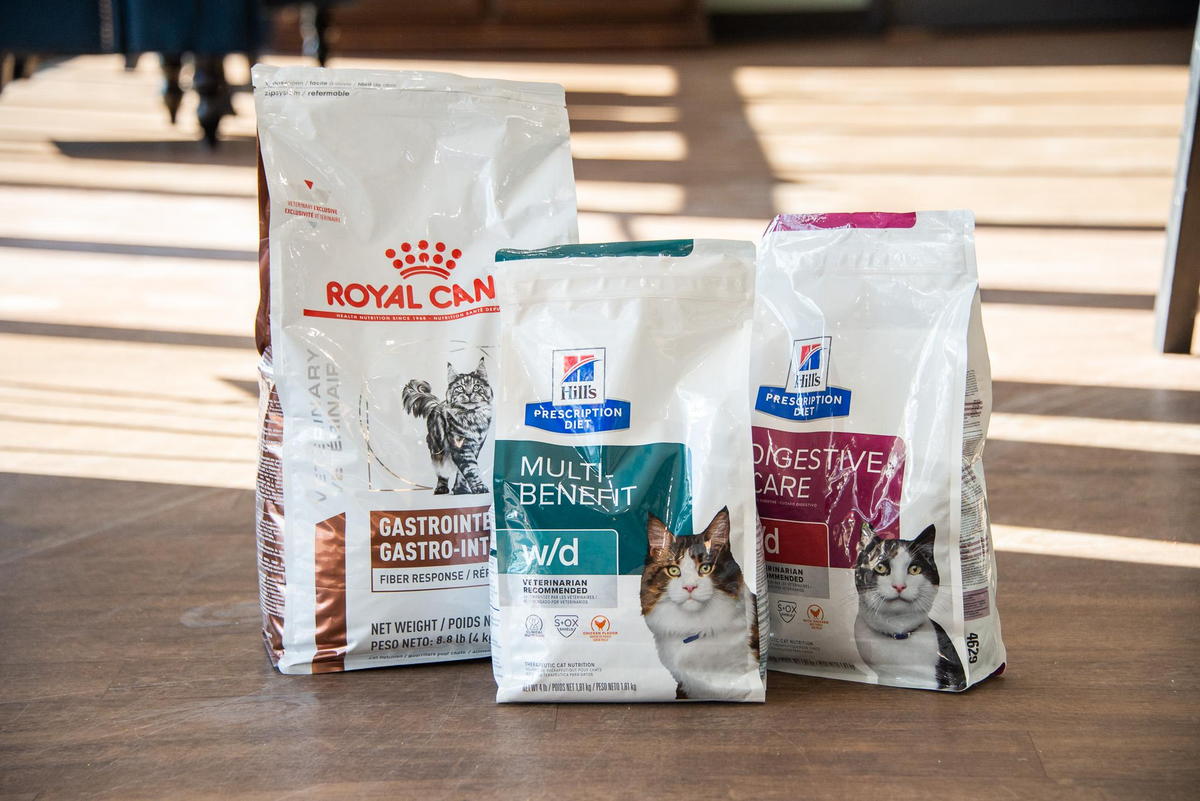
Dry Food
Hill’s Food Sensitivities
Hill’s Multi-Benefit
Hill’s Metabolic
Hill’s Digestive Care
Hill’s Dental Care
Hill’s Healthy Advantage
Hill’s Gastrointestinal Biome
Hill’s Weight Reduction
Hill’s Kidney Care
Hill’s Urinary Care
Royal Canin Dental Care
Royal Canin Gastrointestinal
Royal Canin Urinary SO
Make sure to ask our veterinarians for advice in feeding your cat an optimal diet!
Location
Find us on a map
Tulsa Office
7811 E 71st St A
Tulsa, OK 74133, United States
Office Hours
Tulsa Office
7:30 am - 7:00 pm
7:30 am - 7:00 pm
7:30 am - 6:00 pm
7:30 am - 6:00 pm
7:30 am - 6:00 pm
8:00 am - 6:00 pm
Closed
Broken Arrow Office
7:30 am - 6:00 pm
7:30 am - 6:30 pm
7:30 am - 6:00 pm
7:30 am - 6:30 pm
7:30 am - 6:00 pm
8:00 am - 6:00 pm
Closed
